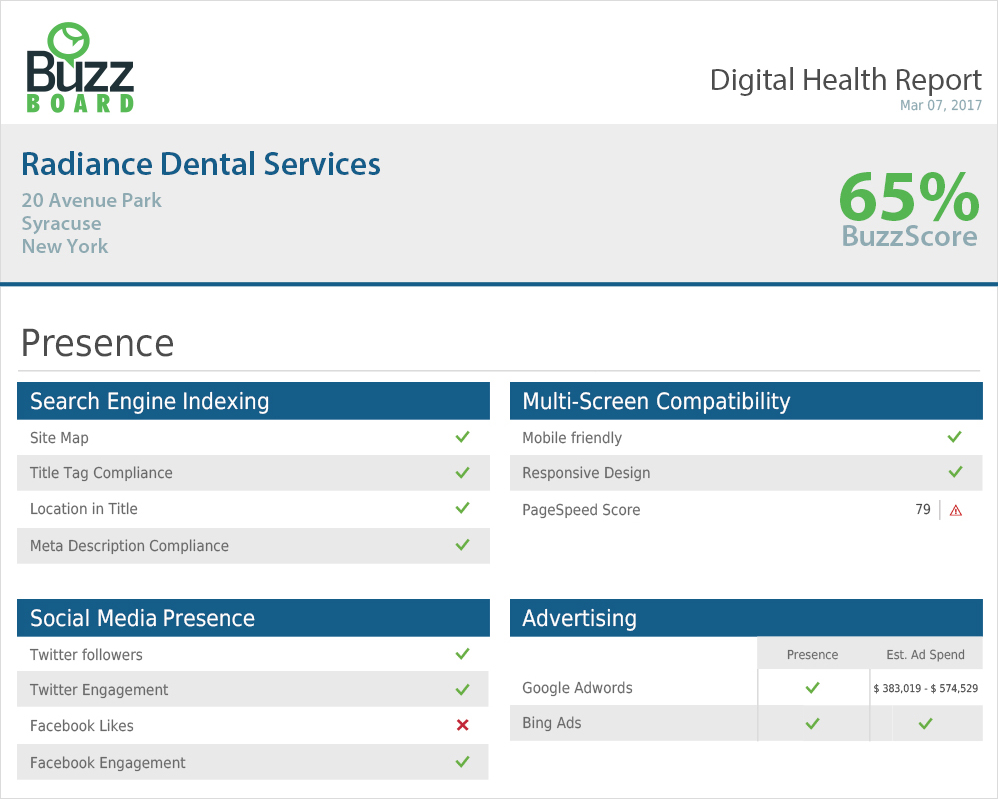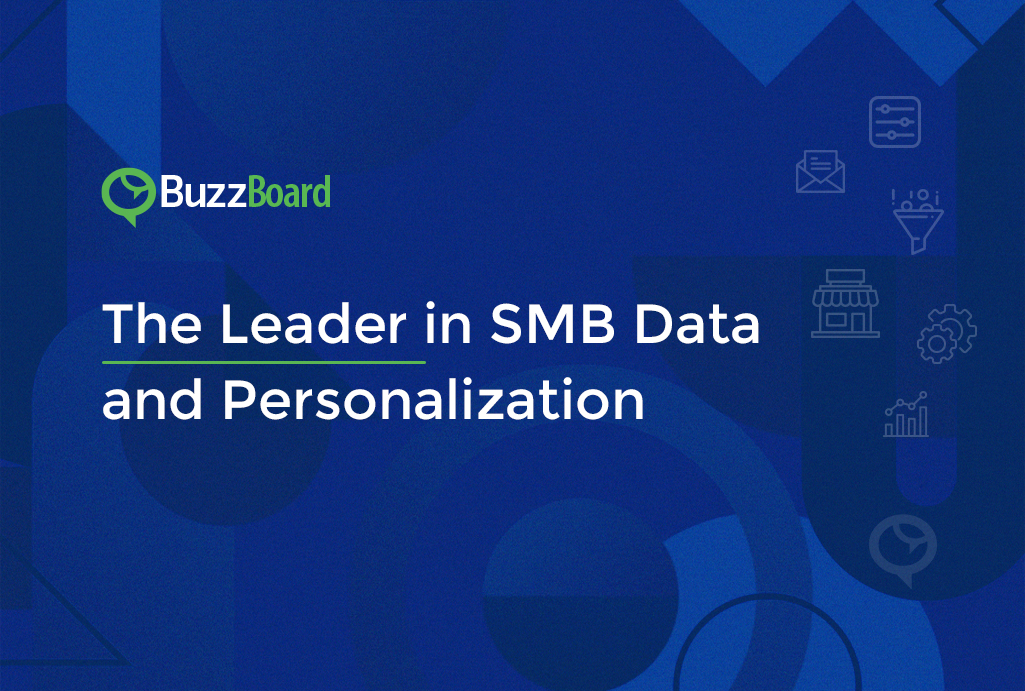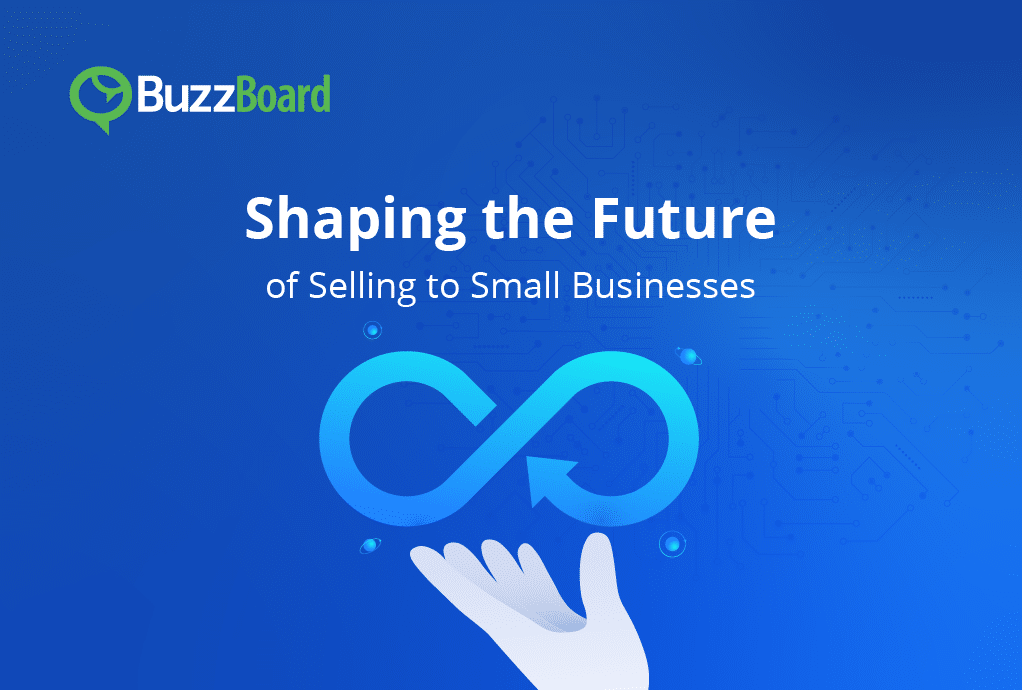Ask the Right Questions
What are the right questions to ask to drive engagement and sales? Asking the right questions can be a game-changer for businesses looking to boost customer engagement and sales. In this article, we’ll explore the importance of asking the right questions and provide actionable tips on how to do it effectively. From understanding customer needs to identifying pain points, we’ll cover the key questions to ask to drive engagement and sales. Learn how to turn your customers into loyal advocates and increase your sales with the right questions.
Drive More Sales Engagement
 Have you been to the doctor recently? When was the last time you went? I can hear my mother now saying those very same words! Now think about that last doctor’s visit for just one moment. Perhaps you went out of necessity because you couldn’t get rid of those constant headaches. It’s fair to say that the doc is not going to refer you to a brain surgeon on that initial visit.
Have you been to the doctor recently? When was the last time you went? I can hear my mother now saying those very same words! Now think about that last doctor’s visit for just one moment. Perhaps you went out of necessity because you couldn’t get rid of those constant headaches. It’s fair to say that the doc is not going to refer you to a brain surgeon on that initial visit.
He will likely be asking you questions — a lot of questions — in order to get the full scope and context as to why you are getting these headaches. The doc may ask questions like: Do you smoke? Do you drink alcohol? Are you active? How regularly do you exercise? What is your diet like? Are you getting enough sleep?
From checking vital signs to asking lifestyle questions, he is going to try and get as much information about you as possible so that a more informed diagnosis can be made. Or so that he can prescribe you the correct medication to relieve you of your symptoms.
Some of the best digital sales professionals I know take a very similar approach with the prospects they encounter every day. Rather than just selling a digital product (i.e. “here we have the latest, shiny PPC 3.0 model”), they sell solutions to problems that their prospects are facing. They don’t sugarcoat it and just show you the glitter. They don’t just scratch the surface. They dig deeper so that they can get to the root of the problem.
How do they know what pain points to address to discover a solution? They begin by asking a LOT of in-depth questions.
- Can you tell me about your workflow?
- What kind of consumer are you trying to reach?
- What are you doing to reach them?
- Where do your consumers come from?
- What activities are you participating in now to get new customers?
- What’s your biggest challenge in getting these new customers?
My favorite and most effective question to ask is probably the most basic and simple question out there:
How important is it for you to be found online?
I call this a “table setter” question. I know that the chances are quite high that I am going to hear the response “it’s very important to me.” This is where my job as a consultant can start to pivot towards that of a “digital doctor.” I am going to try and identify areas that might be inhibiting a prospect’s ability to be found online. This will require research of my own.
While a doctor checks out my vitals as a patient, the digital seller will check out a web site’s tags, redirects, content, image optimization, and other important elements found within the SEO spectrum. The seller will look at a site’s presence — whether it’s listed in major directories and whether those listings are consistent or accurate. A keyword analysis can be performed to see where the page ranks. These are all extremely important elements in creating a successful online presence.
The best doctors will examine his patient thoroughly and make helpful and appropriate recommendations for him. The best digital sellers will do the same, taking a prospect and prescribing the right solutions designed to alleviate any pain points that a prospect may have.
And while a good doctor will “tell it like it is,” explaining the possible repercussions or side effects of not following his or her guidelines for optimal health, the digital seller will also do the same. He will refer back to that simple, basic question: “How important is it for you to be found online?” The digital seller will also set the record straight and explain the potential effects of not being found online in a way that will deeply resonate with any business owner:
- Not being found online = lost revenue
- If your customers are not finding you when searching for your type of business, they are finding your competitors.

Listening, asking questions, and getting to know our prospects also allows us to establish trust, which we believe is the basis of all good beginnings. It’s a signal to them that we are truly interested in trying to learn more about the business and not just pushing a digital product and making a sales quota. More importantly, when we ask the right questions, we are positioning ourselves to better help our prospects become successful. The more successful we can help them become, the more retention we will see in the long run.
Would you like some additional help on what questions to ask to engage your leads and prospects? Contact us for more information at solutions@buzzboard.com.








